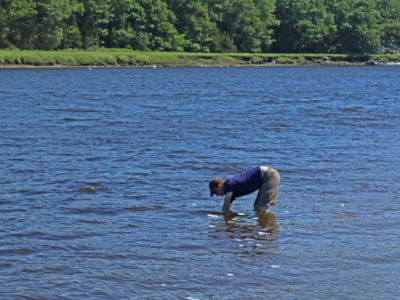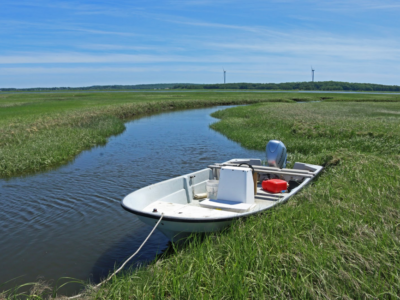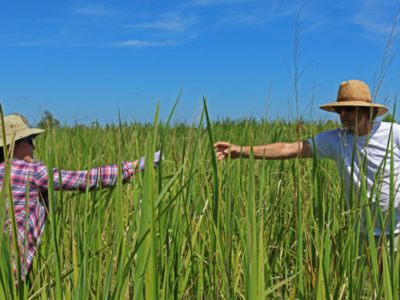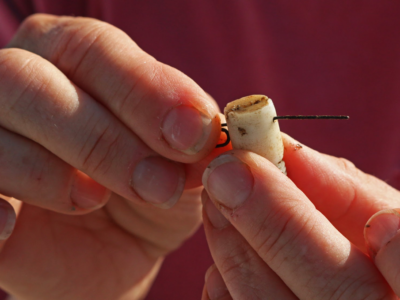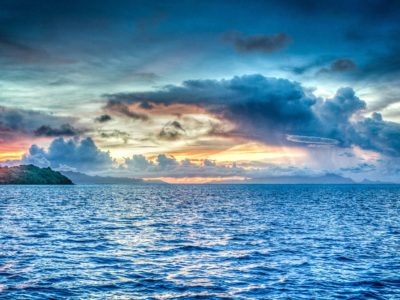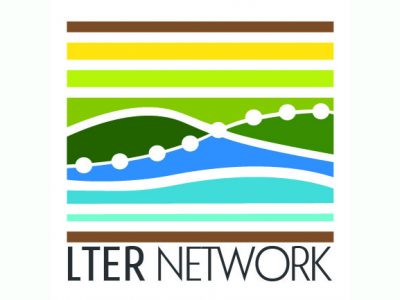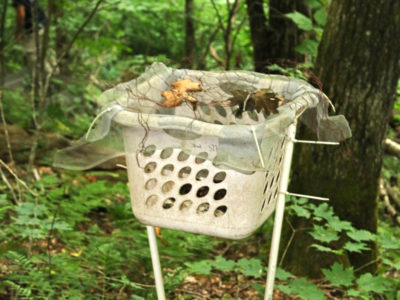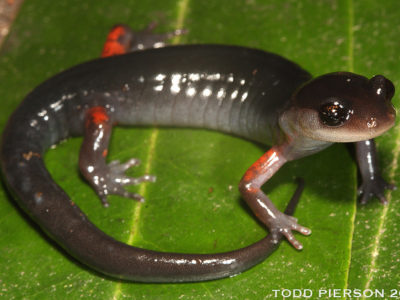LTER Road Trip: Getting hands-on experience with invasive species removal
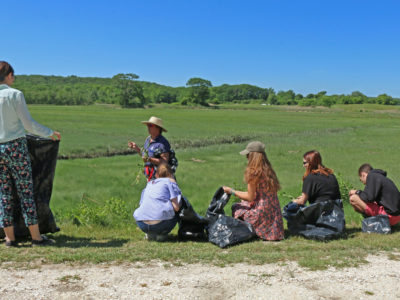
Students gathered at a saltmarsh site in Massachusetts, taking a break from their regular school day routine to remove invasive perennial pepperweed plants from among the bushes and marsh grasses. Part of a suite of programs and teacher workshops aimed at educating local students and adults about marsh ecosystems, this field trip pairs ecological research with real restoration projects.

